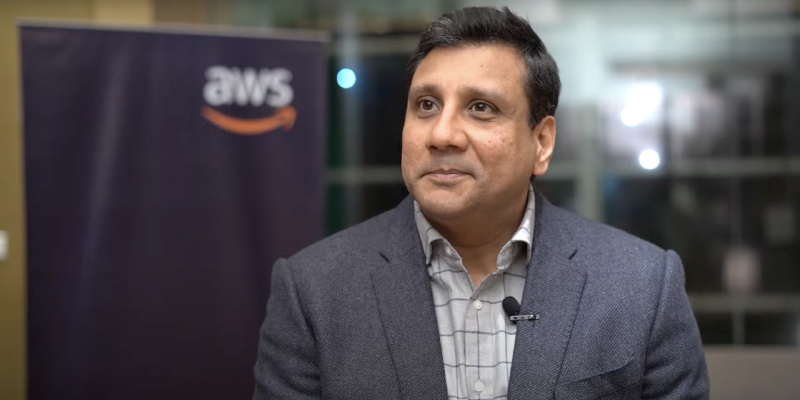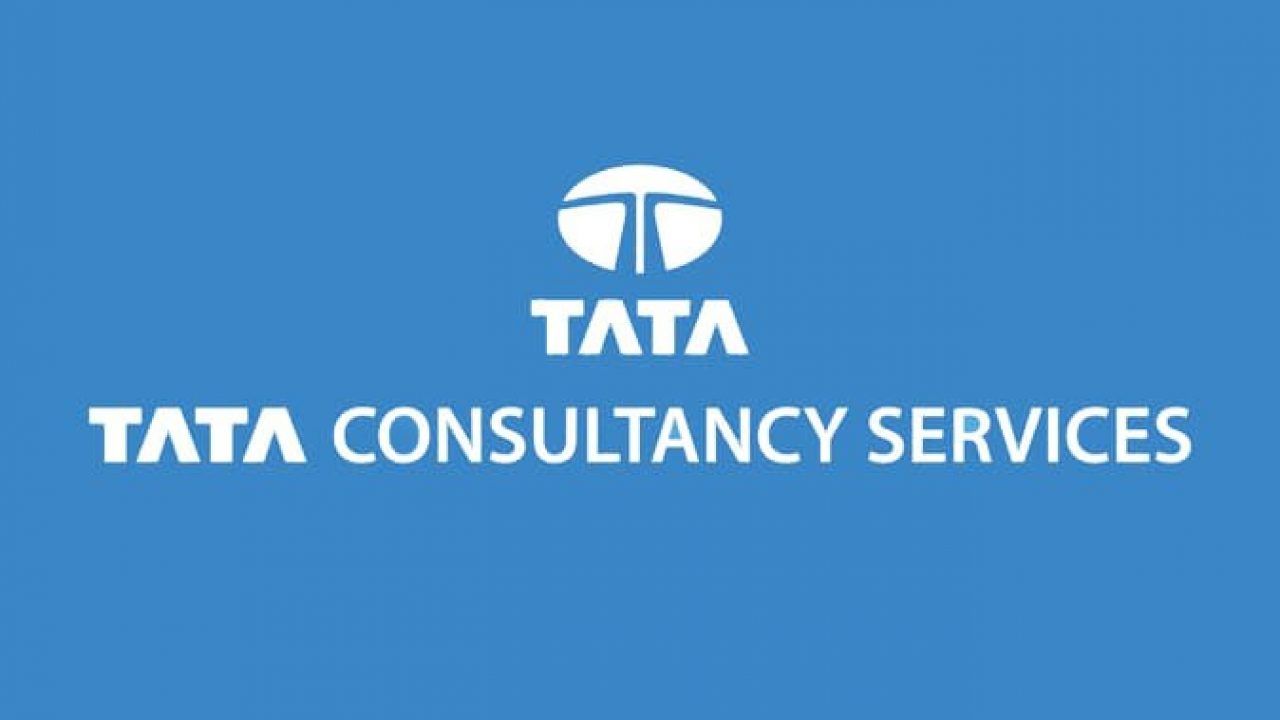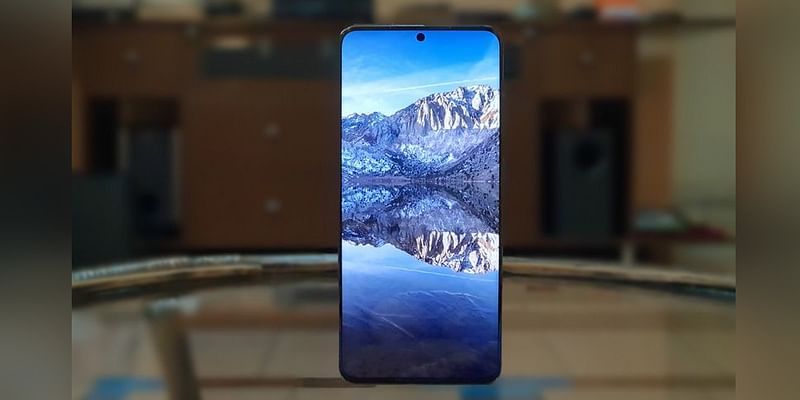Kunal Bahl of Snapdeal on raising $40 million in Series B funding from Bessemer, Nexus & IndoUS Venture Partners
Monday August 01, 2011 , 7 min Read

An exclusive interview with Kunal Bahl, founder, Snapdeal.com on raising funds for the second time within six months, the e-commerce space and resisting the M&A routeLove it or hate it, you just can’t ignore Snapdeal.com. The group buying site’s ascent has been astonishingly rapid and they’ve just received another shot in the arm in the form of a massive Series B round of funding ($40 million), led by Bessemer Venture Partners and supported by existing investors Nexus Venture Partners and IndoUS Venture Partners. This fund infusion acquires even more significance when seen in reference to their $12 million Series A round, which they raised in January 2011
We at YourStory caught up with entrepreneur Kunal Bahl, the founder of Snapdeal.com, for the second time after our May 2011 interview with him to know more about this fresh round of investment, the group buying and e-commerce space and the road ahead for brand Snapdeal (click here to read our May 2011 interview with Kunal about Snapdeal, their customer base and their acquisition of Grabbon)
So, we meet for the second time within three months. But this time, you’re richer by $40 million. What are your thoughts?
(laughs) We’re a young service. We’re about 16-17 months old and are among the newest e-commerce companies operating at scale. And with respect to the funding, we’re obviously happy. But raising two to three rounds of capital makes you more passive about the conclusion of the deal. There are some mixed feelings. I mean, most startups run out of time, not money. So, you’re award of the responsibilities that come along with the infusion of capital.
The investment has been done at a valuation that’s forward looking. So now, we’ll have to lead the company into that valuation. The metrics have been good so far. Our investors have invested in other e-commerce ventures and they tell us that we’re the most profitable among that set.
The product deals piece of the business seems to have taken off.

That’s right. That portion of the business is doubling month on month. We’ve not done anything big in that space yet. We’ve been strengthening the backend and that will really keep us in good stead, in the days to come. We don’t believe in setting up large warehouses, logistics companies, etc. We’re betting on the top-tier providers of these services getting better than setting it all up ourselves. That just increases your monthly burn.Primarily, we spend on people, places (offices) and promotion (marketing). Out of these three, marketing is discretionary and we manage to pay our people and pay for our places out of internal accruals. That way, we’re very lean.
You were speaking about profitability. That’s not something that e-commerce companies are usually willing to talk about.
For us, the path to profit is very clear. We get 30% margins on local deals and 25% on product deals. Everything we sell is profitable. So, it all adds up. Our inventory comprises of travel, local and product deals. Since we curate everything, there’s anticipation for new deals. But there’s never expectation. So, we never have to take inventory.
Also, our capex requirements are fairly low. We’ve recently moved to a new office in Delhi because we were running short of space at the old one and I can tell you that it’s the single largest monthly fixed expense for us here at Snapdeal.
$12 million six months ago. $40 million now. Clearly, your valuation is on the upswing. Take us through your process of raising funds.
Well, valuations go up and down. I’ll be candid about the fact that we negotiated very hard. But the truth is we’ve negotiated harder before. I mean, you’d be able to see that if you look at the cycle time. From the first meeting to the conclusion of the deal, it took us thirty days. When we raised our first round, it took us five and a half months.
We met Rob Chandra (Partner, Bessemer Venture Partners) last month. Two days later, they came down to Delhi and we had a really interesting conversation, which lasted for most of part of the day. At the end of the conversation, they wanted to do the deal. They bring in knowledge, experience and empathy and that really makes it easier for us.
Also, if you look at us, Rohit (my co-founder) and I are 28 years old. We’ve fended off three merger and acquisition (M&A) requests. We’re speaking about high three-digit millions here. And that’s because we believe that bubble or no bubble, if we keep executing the way we do currently, we see no reason why we won’t continue to grow. It’s all about the execution of the business idea.
Speaking of bubble, there’s a lot of chatter about group buying being just that. What’s your take on that?
Whenever I hear this, I think of what Vani Kola (MD, IndoUS Venture Partners) has to say about the 2000 – 2001 bubble. Basically, she says that only two types of companies made it out alive that time – those who raised a lot of money and those who were lucky. I understand that a 17-month old service growing this fast seems audacious to a lot of people. But it’s not that ridiculous. In six months, we’ll grow into the valuation at which we’ve raised capital.
So, where’s all the money going to go? What are the focus points of the growth strategy for Snapdeal? What would you state as your advantages?
We’re going to be investing in growing from a geographic standpoint. We’re in 50 cities now and we’d like to 50 more. Also, our new product ‘Deals Near Me’, which gives users more customized deals with respect to their location and preferences, is doing well and we’d like to strengthen the hyper-local deals business. At the end of the day, it’s about more and more relevant deals. And anyway, 50% of all deals are in-bound. That really helps.
Also, the last time we spoke, I had mentioned that we’d be raising our headcount from 400 to 800. We already have 500 people. So, that’s very much on track.
With respect to our products business, we’re in the top three fashion-lifestyle products sites in India, in terms of volumes sold. We’re adding 1.5 million users month on month and consumers trust our brand. It’s very simple, really. We have very good sourcing power because, well, we sell lots.
Is scale, then, the only strategic differentiator in the group buying & e-commerce space?
Well, it’s definitely the major game-changer. But at Snapdeal, we also use technology to create entry barriers. If you look at the home page, it’s designed to give the user a ‘bazaar’ feel. So, we have hundreds of images. With internet speeds still quite low and people accessing the portal from their phones, we run the risk of slow-loading and even timeouts. But the site still loads within a second or so. The engineering team has worked very hard on that. That’s also because we never went for off-the-shelf e-commerce solutions. We built our technology from scratch as we believed that it would give us an edge in the long run.
People have been sounding the death knell for group buying sites, for quite some time now. Globally, the murmurs are getting louder by the day. But the Snapdeal juggernaut continues to march forward. We at YourStory are going to be following this phenomenon and we’ll be bringing you updates on this conundrum. What do you think? Let us know by writing to us at[email protected].
Sriram Mohan | YourStory | 31st July 2011 | Bangalore









![[App Fridays] Amazon Academy heats up edtech's test prep segment; hits half a million downloads in beta](https://images.yourstory.com/cs/2/dc9aa1302d6c11e9aa979329348d4c3e/Amazonacademy-01-1604497983228.png)
